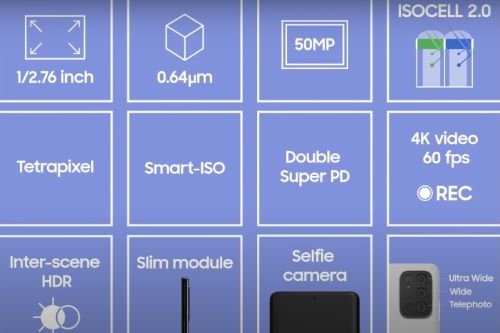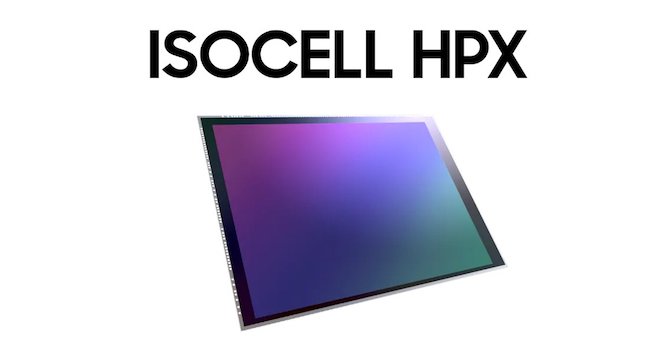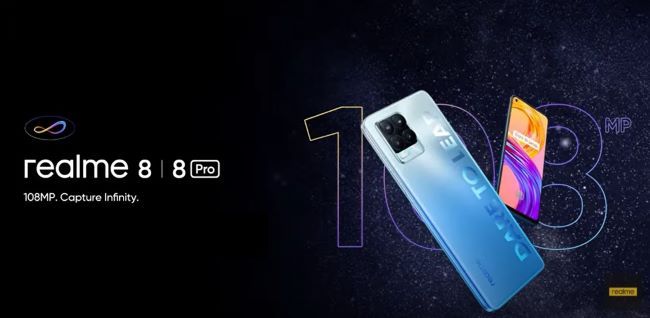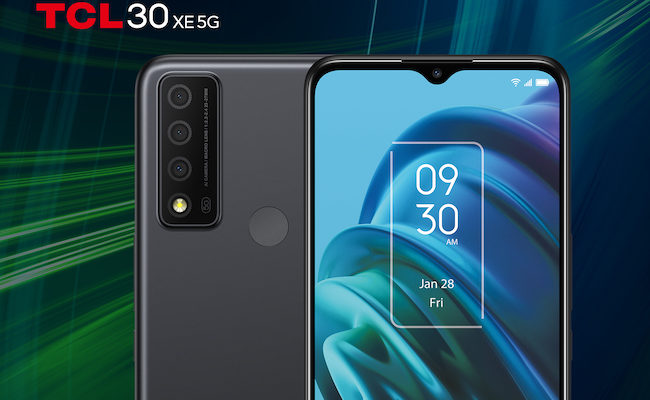Samsung has announced a 50-megapixel mobile image sensor, which features the industry’s smallest pixels in a mobile image sensor.
The ISOCELL JN1 sensor has 0.64μm (micrometer) pixels, which will allow it to be used in slimmer phones as well as interchangeably as a primary rear camera or as a front-facing camera at 50-megapixel resolution. Device makers will also have the option of using the ISOCELL JN1 as a ultra-wide-angle or telephoto camera.
While many flagship devices currently on the market, including some in Samsung’s Galaxy S21 series, feature a 64-megapixel primary lens, the manufacturer is marketing the ISOCELL JN1 as the industry’s smallest 50-megapixel sensor. The component stands out in the market as many mid-range and higher mid-range devices often feature a 48-megapixel lens for their primary cameras.
Samsung said in a statement that the smaller sensor with reduced pixels can minimize “the camera bulge for slimmer and more streamlined designs in next-generation smartphones.”
It is possible the ISOCELL JN1 is a test before Samsung moves on to implementing the 0.64μm technology to more current or future products.
“As we drive our commitment to innovation in pixel technologies, we will continue to bring a wide range of mobile image sensor offerings to the market,” Samsung Electronics Executive Vice President of the Sensor Business Duckhyun Chang said in a statement.

Samsung ISOCELL JN1 features 
Samsung ISOCELL JN1
Other functions of the ISOCELL JN1 include 4K video recording at 60fps or Full HD video recording at 240fps. The component also supports enhanced ISOCELL 2.0, which improves light sensitivity by approximately 16 percent, Smart ISO, which adapts the conversion gain to the illumination level of the environment, and Double Super PDAF, which has twice the density of pixels of regular phase detection, allowing for auto-focus for areas with up to 60 percent less light, Samsung said.
In addition to using lenses to outfit its own smartphones, Samsung also provides components to other manufacturers in the industry. It is likely the ISOCELL JN1 may be outfitted onto one for many devices for other brands, as Samsung has confirmed that the mobile image sensor is currently in mass production.




